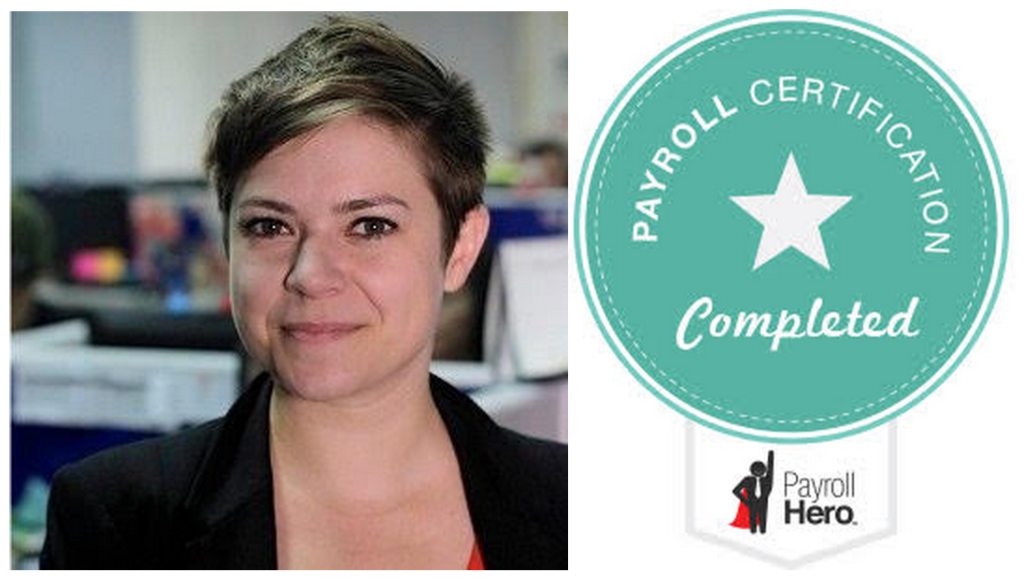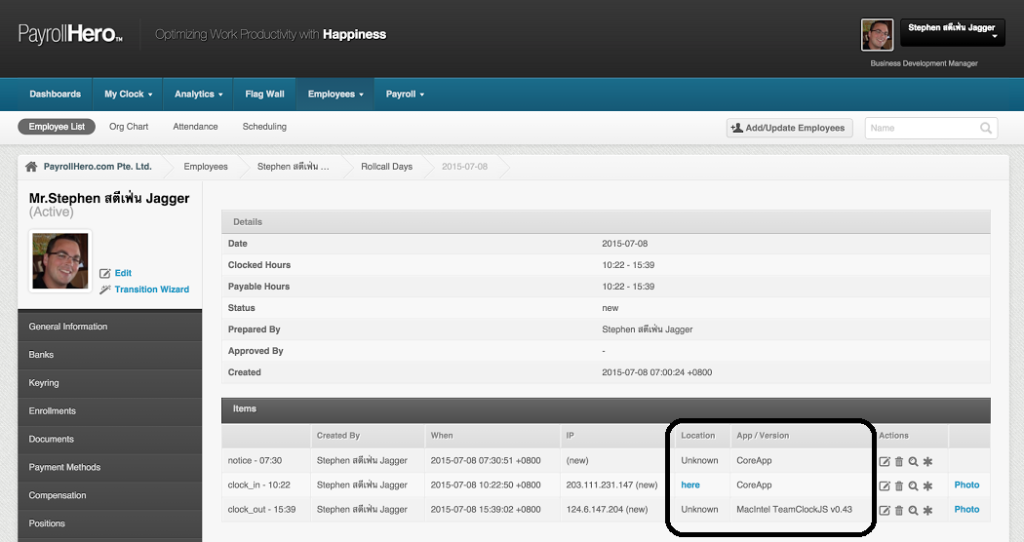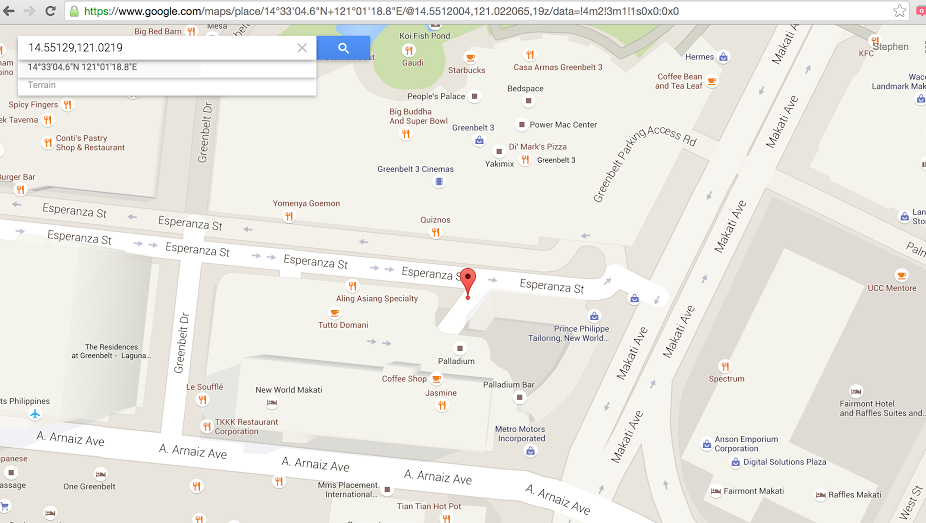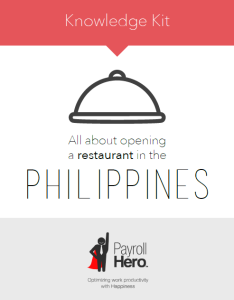As part of a new series on this blog we will be profiling certified PayrollHero users to learn more about them, their business, where they go to learn and best practices.
First up is Clare Matchett, General Manager for ServiceSeeking Manila.

1. How would you describe your business?
ServiceSeeking Manila is the Manila arm of ServiceSeeking.com.au, Australia’s best way to get free quotes from local businesses. Our team handles customer service, sales, data analysis, web development, SEO and a whole lot more.
2. What tools do you use to recruit?
We use traditional recruiting tools like job websites, forums and events. One of the most successful recruitment channels is actually referrals from existing team members. Some of our best staff were encouraged to apply by friends and family who worked with us and loved the company culture and office atmosphere.
3. What is your hiring philosophy?
We look closely at applicants’ personality and general aptitude and tend to place more emphasis on this than skills, education and past experience in our industry. If someone is the right fit, they’ll have the curiosity, bubbliness and problem solving ability that helps them thrive in a company that moves quickly and believes in collaboration, openness and fun.
4. What blogs / newsletters do you read to stay up to date in your industry?
My favourite newsletter is from
Sandler Training, a sales training company with a no nonsense approach to prospecting and winning and keeping clients.
5. How do you build company culture at ServiceSeeking?
We emphasise our company values and make these a core part of recruitment, training and annual reviews. Weekly wrap ups with the entire office also let everyone know what others are working on, celebrate the small “wins” and help team members see the importance of their own role in our big picture success.
6. I saw on Linkedin you were “Streamlining HR policies and the recruitment process” can you explain more about that? We’ve learned over the years that being different to the average big BPO company is a key factor in our success in Manila. We’ve worked hard to cut out policies and processes that are not in line with our values and can hold our team back from delivering great quality service.
7. Is speaking Tagalog an advantage to you in running the business?
My tagalog has a long way to go, but I do think employees appreciate when a foreigner takes the time to learn! It has certainly helped me understand more about Philippine culture, and it always gets a smile when I drop a word into the conversation, even with the wrong pronunciation.
I was very impressed with the certification courses PayrollHero and its training partners provide. We were helped along every step of the way and the support made the transition from outsourced payroll provider to running this in-house much more smooth.
9. Was the certifications helpful in getting the most out of PayrollHero?
Much of the software is intuitive and just “makes sense”, but payroll in the Philippines is notoriously complicated. We’ve been able to transition to using PayrollHero without adding any new team members and this is mostly because of the great communication with the PayrollHero staff. Discrepancy checks were particularly helpful in letting us know where we’re at with the transition and how to set up loans, advances, bonuses, allowances and government contributions correctly.
PayrollHero has a deliberate onboarding process that is designed to understand every customer’s unique needs so that we can quickly and effectively transition your business onto PayrollHero. Reach out today for a free, 30 min. one on one conversation about how PayrollHero can work within your organization.
 We have added a new tool to PayrollHero that enables companies in the Philippines to export a QuickBooks journal entry for easy use within your Quickbooks account. This is a formatted QuickBooks Journal Entry report for a specified period that can be imported into the QuickBooks accounting software.
We have added a new tool to PayrollHero that enables companies in the Philippines to export a QuickBooks journal entry for easy use within your Quickbooks account. This is a formatted QuickBooks Journal Entry report for a specified period that can be imported into the QuickBooks accounting software.











 e restricted to Singaporeans and PRs only. There are 4 major accounts that CPF contributions go into: Ordinary Account (for retirement, housing finance, investment, education), Special Account (for old age and special contingencies), Medisave Account (for hospital bills) and Retirement Account (this account is opened once the employee turns 55). Check out these links to find out contributions
e restricted to Singaporeans and PRs only. There are 4 major accounts that CPF contributions go into: Ordinary Account (for retirement, housing finance, investment, education), Special Account (for old age and special contingencies), Medisave Account (for hospital bills) and Retirement Account (this account is opened once the employee turns 55). Check out these links to find out contributions